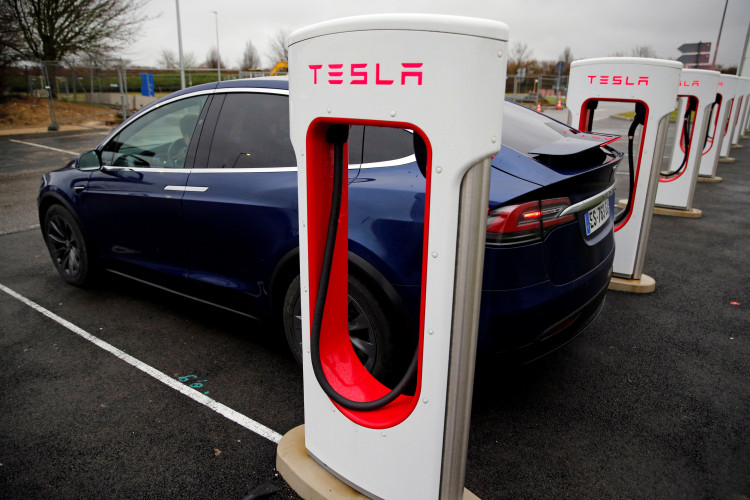Adam Jonas said in a note for investors on Wednesday that Tesla has ambitious growth targets in China that make Morgan Stanley "cautious" because of the recent developments in the United States and China trade issues.
Jonas, who is widely followed on Wall Street due to his early work covering Tesla and electric vehicles, said that After Chinese authorities temporarily suspended customs clearance for imported Model 3s, as he cites 'irregularities' including improper labeling, they will keep medium/long-term expectations for Tesla's ability to run a profitable Chinese business very low.
On Tuesday, Tesla announced that they had already signed a resolution with Chinese customs and they are working closely with them to resume clearance procedures on the vehicles. Jonas commented that, while the resolution is good for Tesla in the industry's status quo, the issue highlights the risks inherent" to U.S. automakers and technology companies who want to conduct business in China, especially for areas that may become sensitive along the grounds of data privacy, cybersecurity, robotics, and artificial intelligence.
Jonas believes that the outcome of the current negotiations of the United States and China is very important to the future of the investments of Elon Musk's company in the Chinese market. According to him, Tesla's future in China may be highly dependent on constructive trade relations and economic policies with the US.
Jonas said that Morgan Stanley will remain cautious on China's role in Tesla's long term business strategies and fundamental value because of the immeasurable risks of the transfer of technologies between the American and Chinese companies. The company's investment is also at risk because of the growing competition from dozens of emerging local electric vehicle manufacturers in China that could compete with the company's market share. Morgan Stanley also believes that the Chinese government's control in its auto industry, which is treated as a public transport utility operated as a public good, might limit the operations of foreign companies in the country.
Yesterday, the Wall Street Journal reported that Tesla Inc. is being criticized by its Chinese customers after they ended up paying thousands of dollars more for their new car purchases that they have purchased before the company implemented its price cuts. The complaints came after they announced that they are building a mega-factory in Shanghai to mass produce its Model 3 sedan in 2020. Tesla plans to produce not less than 500,000 cars a year in its Shanghai factory to capitalize China's booming market.





